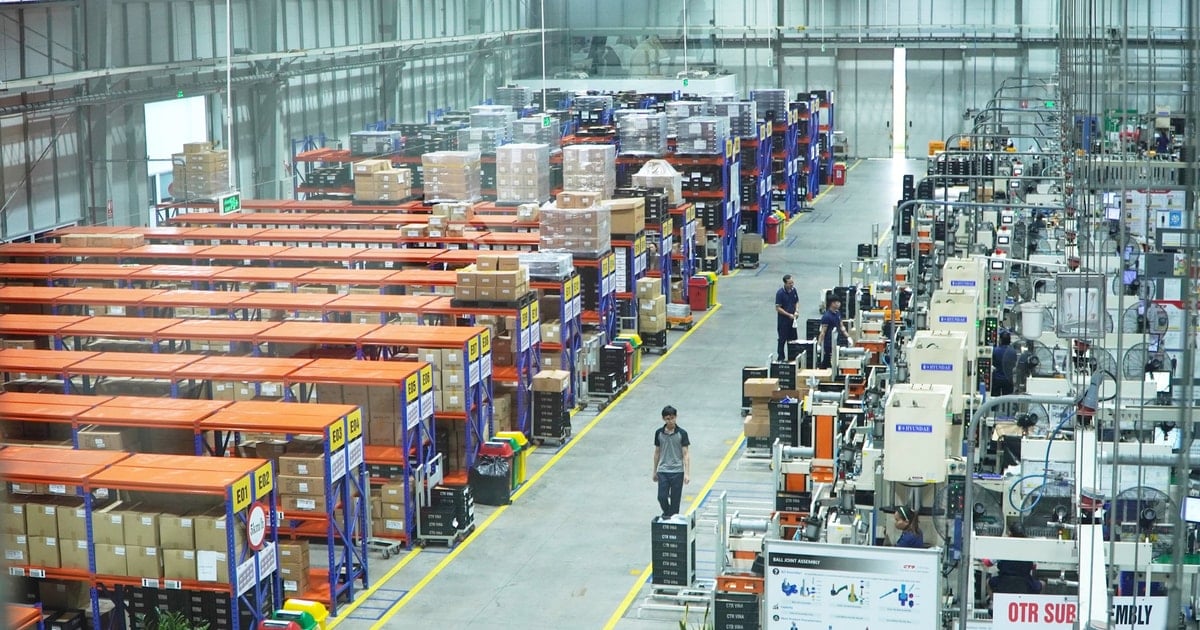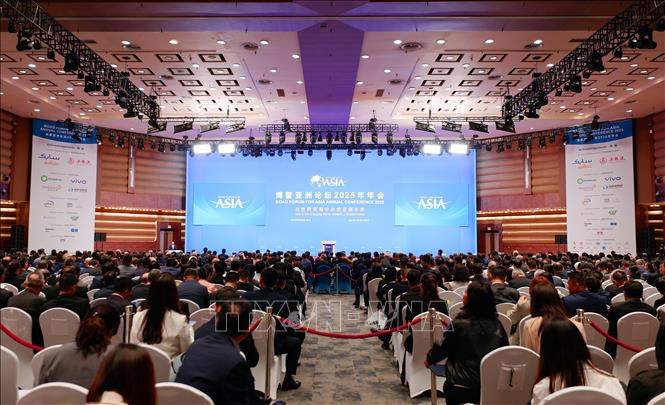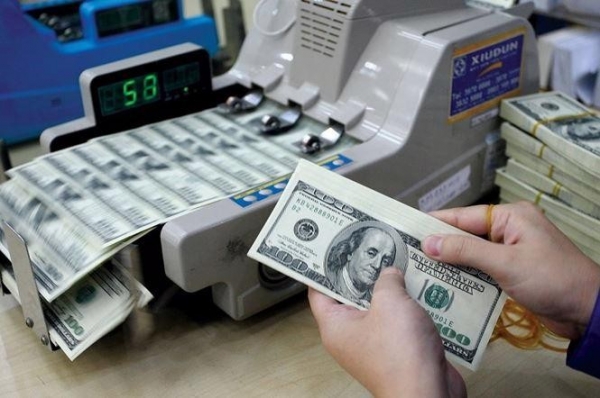The economy is growing but slowing consumption, stressed workers and high interest rates are eating away at profits, leaving American businesses with little to cheer about.
The good news for the US economy has continued to be felt. GDP grew at a 4.9% annual rate in the third quarter. Ahead of the earnings season, a series of positive economic indicators has prompted stock market analysts to maintain their earnings expectations rather than cut them.
Many see this as a sign of the end of the earnings slump for publicly traded companies in the United States. The optimism seems justified. After a hat trick of consecutive quarterly declines, corporate net income is rising again. Of the half of large S&P 500 companies that have reported earnings, 78% have beaten earnings expectations, according to data provider FactSet.
But companies are hardly thrilled. Many executives have failed to excite investors despite reporting strong results. This is especially evident among big tech companies. Alphabet, Google’s parent company, beat earnings expectations but saw its stock fall 10%.
Meanwhile, Meta’s warning of economic uncertainty has dampened the market’s appreciation of the social media giant’s biggest-ever quarterly revenue. In the financial sector, the risk of a recession is not over and weak corporate lending demand is clouding bank profits.

Customers shop at a Target supermarket in Chicago, Illinois, USA on December 25, 2022. Photo: Reuters
Why aren’t businesses less worried? Despite the third-quarter boom, the future health of the American consumer remains the biggest concern. According to Morgan Stanley, American businesses get more than a third of their revenue from domestic customers. Retail sales rose 0.7% in August and September.
Coca-Cola and PepsiCo are therefore optimistic and raising their profit forecasts for the rest of the year. However, the recent growth that the two beverage giants have recorded has been due to price increases, not revenue. Meanwhile, some other risks are gradually emerging.
Credit and debit card data show spending fell in October compared to the same month in 2022, according to Bank of America. Americans with student loan debt started making payments again earlier this month after a three-year deferral. Overall, spending is growing faster than income, eating into savings. Consumers are also less optimistic about their finances. Credit card and auto loan delinquencies are rising.
That’s worrying business leaders. Delivery company Up says consumers are spending less on goods and services, hurting its profit outlook. Toymaker Mattel, which owns Barbie, is less optimistic about the Christmas season.
Alphabet data shows that consumers are scrimping on deals and free shipping. Elon Musk recently complained about high interest rates affecting Americans’ ability to buy cars, and Tesla’s stock price has since fallen 15%, wiping out $100 billion in market value.
Companies are also keeping a close eye on costs, especially labor. Strikes remain a headache in some parts of the economy. Hollywood writers agreed to a work stoppage in late September. On October 25, the United Auto Workers (UAW) union reached a deal with Ford to raise workers’ wages.
But General Motors said the UAW strike was still costing it $200 million a week, prompting it to cut its annual profit forecast. Detroit’s big automakers aren’t the only ones feeling the pressure. Illinois Tool Works, an auto parts maker, cut its profit forecast. Delta Air Lines also complained that fewer passengers were landing in Detroit.
There are also broader concerns that are emerging, though they have yet to have an impact on the ground. The conflict in Gaza has been a hot topic among CEOs recently. For now, at least, the war in the Middle East is not having a major financial impact, though some companies are being cautious. Social network Snap said some advertisers in the region have paused spending.
American companies generally make very small profits in the Middle East, and for them the immediate risk of a war in Gaza is much smaller than the disruption of operations in Russia or the chill in US-China relations.
CEOs are more concerned about long-term profits than they are about high interest rates. Bank of America says more than three-quarters of the debt that S&P 500 companies borrow is long-term and fixed-rate, up from less than 50% in 2007. But huge amounts of debt will eventually need to be refinanced at higher interest rates, which will hurt profits. There are still plenty of threats ahead.
Phien An ( according to The Economist )
Source link





![[Photo] Looking back at the impressive moments of the Vietnamese rescue team in Myanmar](https://vstatic.vietnam.vn/vietnam/resource/IMAGE/2025/4/11/5623ca902a934e19b604c718265249d0)
![[Photo] "Beauties" participate in the parade rehearsal at Bien Hoa airport](https://vstatic.vietnam.vn/vietnam/resource/IMAGE/2025/4/11/155502af3384431e918de0e2e585d13a)


























![[Photo] Summary of parade practice in preparation for the April 30th celebration](https://vstatic.vietnam.vn/vietnam/resource/IMAGE/2025/4/11/78cfee0f2cc045b387ff1a4362b5950f)



























































Comment (0)